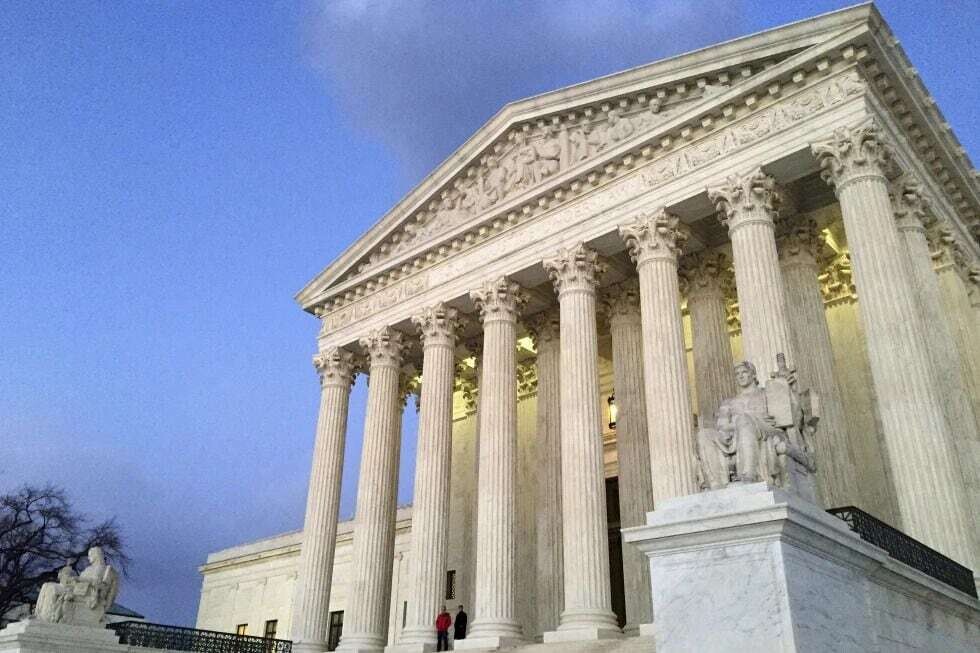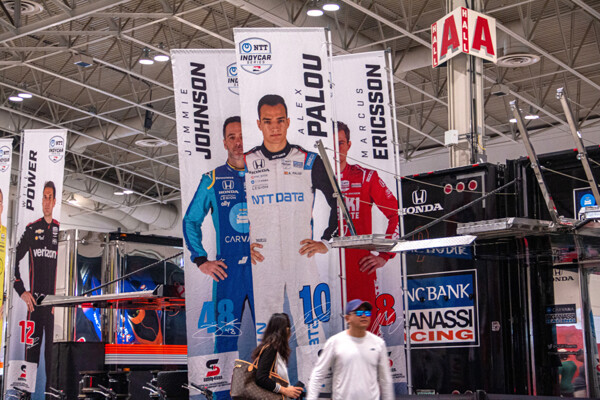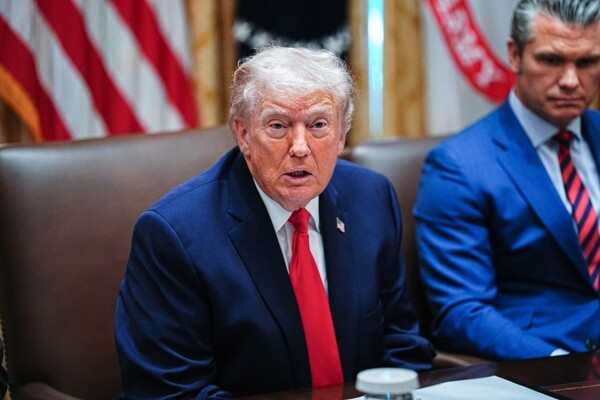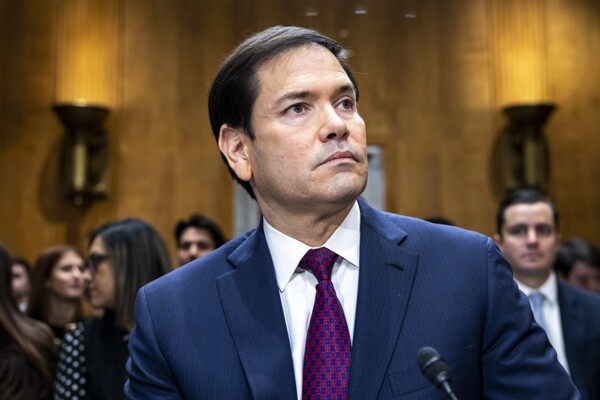
The United States Supreme Court will hear arguments on Tuesday in a $10 billion lawsuit filed by Mexico against major gun manufacturers in the United States, claiming that their business practices have fueled the armed violence of the cartels. The manufacturers reject these claims. They argue that it is the responsibility of the Mexican government, not American gun manufacturers, to enforce laws and combat crime.
The industry is protected from most civil lawsuits arising from crimes committed with firearms under a 20-year-old law, although Mexico has argued that it does not apply to crimes committed outside the United States. Gun companies are asking the justices to overturn a lower court ruling that allowed the case to proceed. The First Circuit Court of Appeals determined that the case fell under an exception to the protection law for situations where gun companies are accused of knowingly breaking the law.
This exception has arisen in other cases. Victims of the 2012 Sandy Hook mass shooting argued that it applied to their lawsuit because the gun manufacturer violated state law in marketing the AR-15 rifle used in the shooting, which killed 20 first-graders and six educators. The Supreme Court declined to hear that case. The lawsuit is still in its early stages, and if the court sides with Mexico, it would still have to prove its allegations.
Manufacturers argue that there is no evidence that the industry allows trafficking and dispute Mexico's data on how many guns originate in the United States. However, powerful drug cartels smuggle thousands of guns into the country. The Mexican government claims that 70 percent of those guns come from the United States.
Mexico has strict gun laws and has only one store where people can legally buy firearms. The lawsuit claims that companies knew the guns were being sold to traffickers who smuggled them into Mexico and chose to exploit that market. The defendants include renowned manufacturers such as Smith & Wesson, Beretta, Colt, and Glock. After reaching a $73 million settlement, the families said they hoped this would lead to more safety and accountability. Depending on how the justices rule, their final findings could narrow or close that legal pathway.














